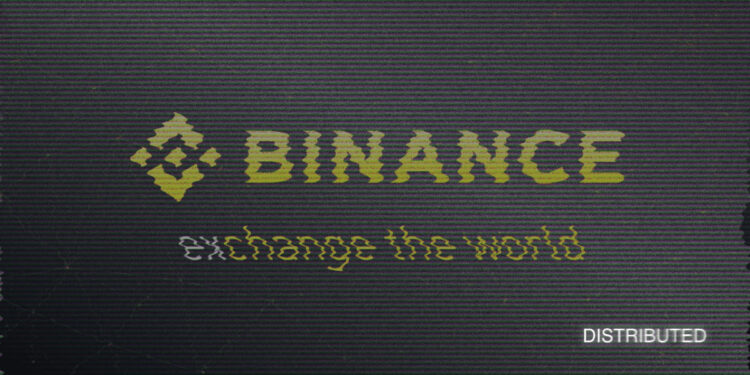Binance has included zero-knowledge proof, zk-SNARK, to its Proof of Reserves (PoR) verification system, including the addition of SHIB, DOT, SOL, and CHZ, to the pool of verifiable tokens, currently at 13. The announcement, which also added that the code for the system would be public, was made by the exchange on Friday.
‘‘We’ve upgraded our PoR system with zk-SNARK, a zero-knowledge verification method aimed at keeping your sensitive information more private and secure,’’ Binance said. ‘‘We are making the code for (the) PoR system open-source because we want to continue to provide more transparency to our users.’’
See Related: zk-SNARK Definition
In the aftermath of the collapse of FTX, centralized exchanges were faulted for a lack of transparency, forcing some, including Binance, Crypto.com, and Bybit, to come up with a system that proves to their users that they hold the assets they claim to have.
The Merkle Tree Proof-of-Reserves
First, some the exchanges resorted to a traditional method of proving reserves, the Merkle-Tree, that computed the balances and ledgers of crypto exchanges. However, the system attracted criticism in the sector for being inadequate and lacking privacy. That is when the Binance added zk.SNARK, based on a proposal by Ethereum’s co-founder Vitalik Buterin.
Short for the zero-knowledge succinct non-interactive argument of knowledge, zk-SNARK lets crypto exchanges like Binance prove the status of their reserves without showing confidential information like users’ details or account balances.
Zk-SNARK would confirm to users that their assets are within a pool of others that the platform maintains, and assure them that their net balances are not negative, confirmed with collateral posted for margin trading. From the Merkle tree, which is the cryptocurrency proof of users’ funds on Binance, any change in the assets held is updated in the Merkle root hash and confirmed through the zk-SNARK.



